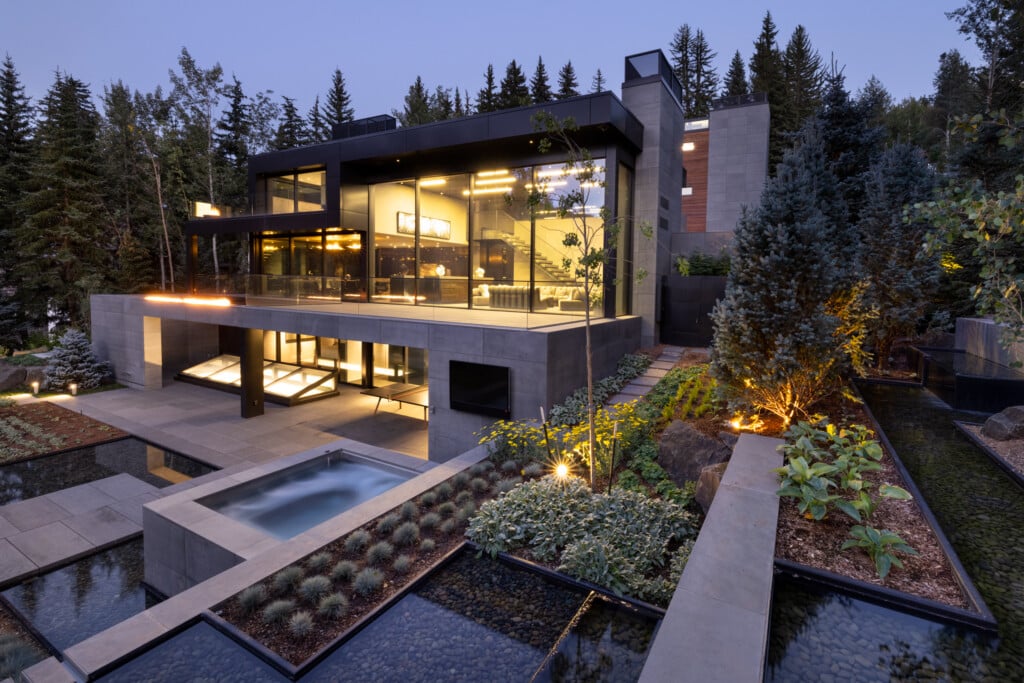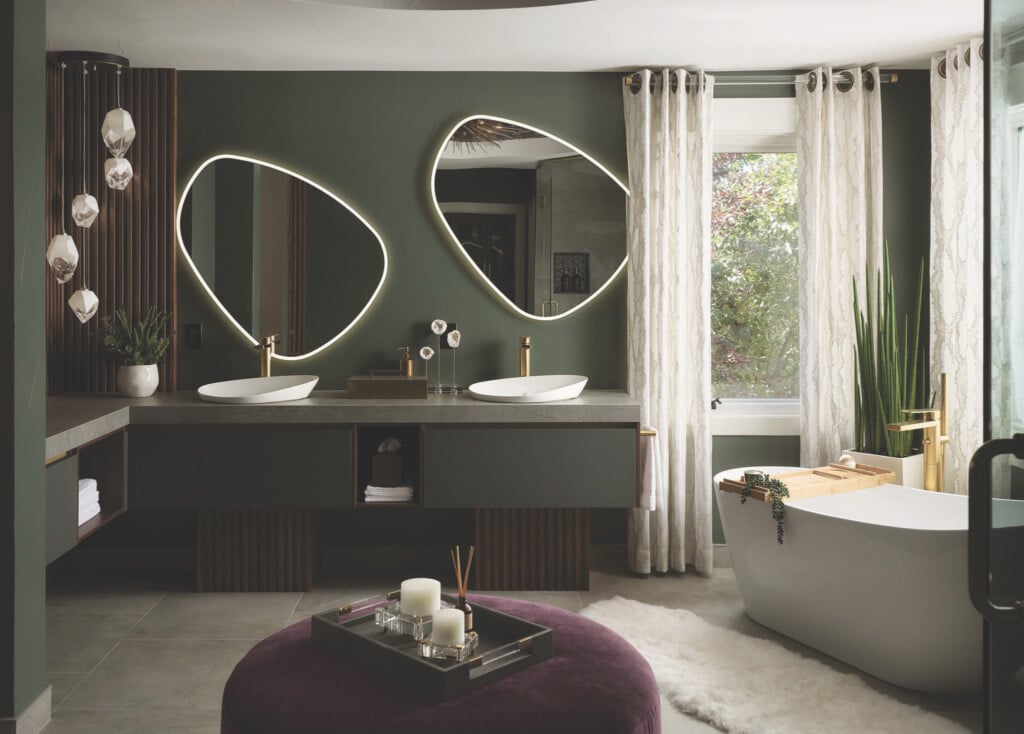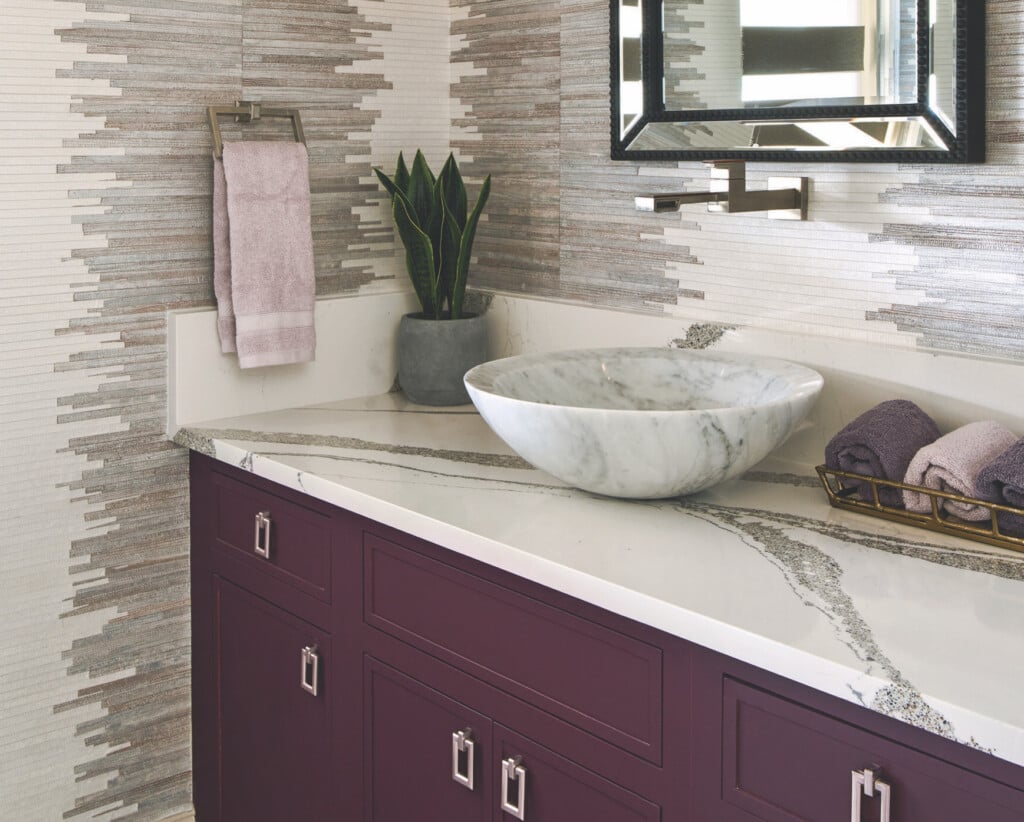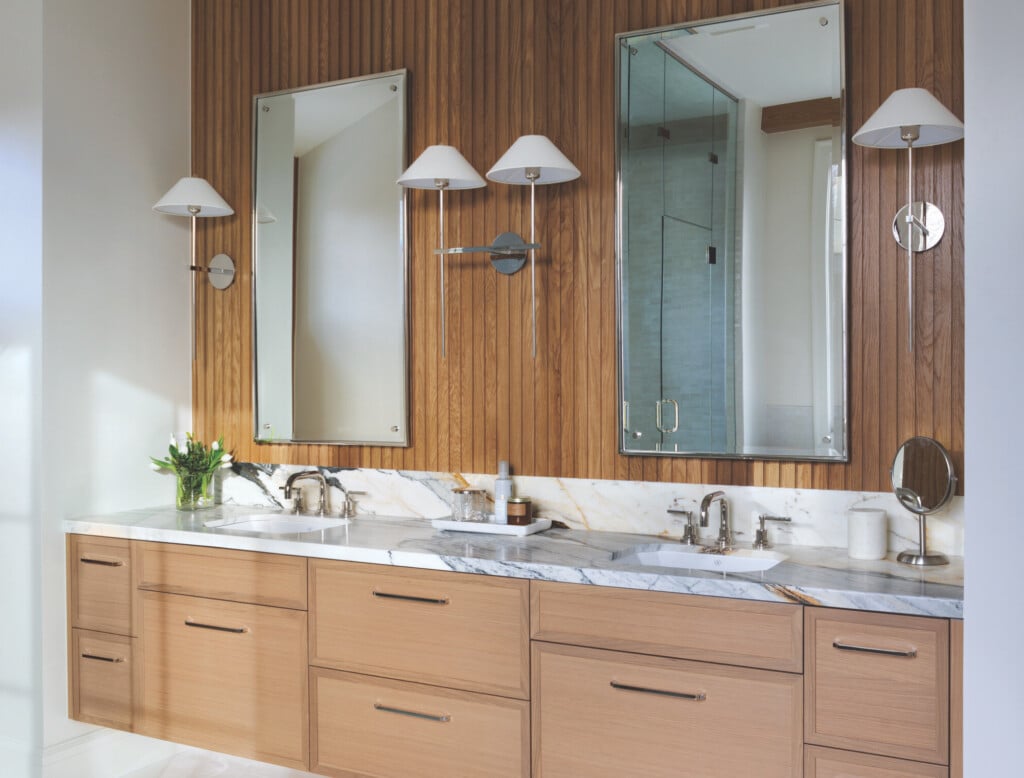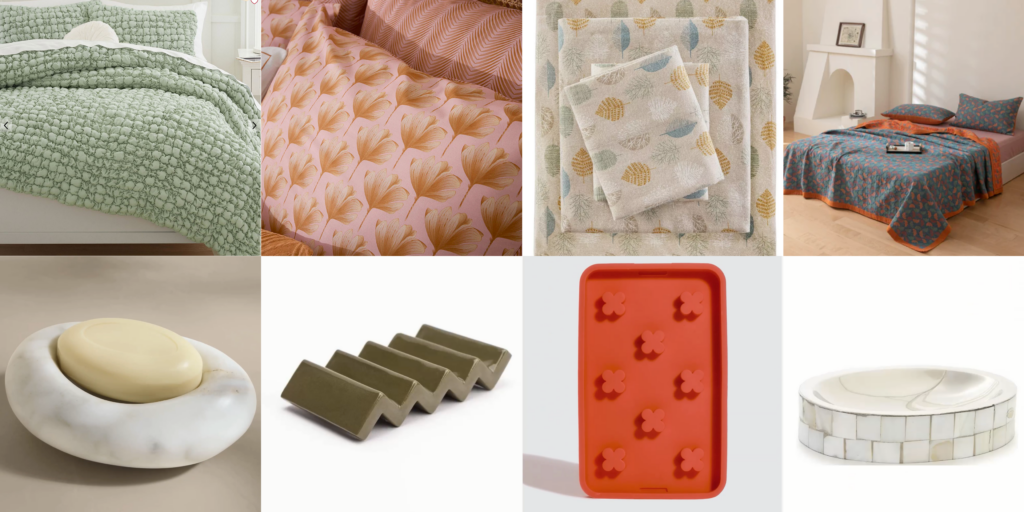What is the difference between Quartz and Quartzite?
The information you need to help you make the best choice for your space.
With all the available options, finding the best hard surface for your project can be overwhelming. Two of the most popular choices on the market are quartz and quartzite, but what is the difference? Quartz and quartzite may sometimes look alike, but they have distinct differences that impact durability, maintenance, and cost. Understanding each product’s unique properties can help you select the best option for your countertops, flooring, or other surfaces.
What is Quartz?
Quartz is an engineered or man-made product often specified because it can provide a consistent aesthetic. Made through a manufacturing process using ground quartz, resin, and pigments, engineered quartz is a highly durable and beautiful premium hard surface option available in many design styles, including natural stone-like looks and modern concrete colors. Engineered quartz is used in residential and commercial applications due to its ease of maintenance and resistance to scratching and staining.
What is Quartzite?
Quartzite is a naturally occurring, metamorphic rock formed from Sandstone. When sandstone comes into contact with magma buried deep within the earth’s surface, quartzite forms from natural quartz grain. Quartzite can be of exceptional strength, density, and hardness. Quartzite is highly sought after for kitchen countertop applications as it often has veining and a color palette similar to Marble but with much higher resistance to everyday chemicals. Although all quartzites are not 100% non-porous, their abrasion resistance and weathering durability allow for their use in almost any application.
The Difference Between Quartz and Quartzite is Simple
Simply put, quartz is an engineered product manufactured in a factory by combining elements of quartz, resin, and pigment. Alternatively, quartzite is a natural stone that forms 100% organically deep within the earth and is extracted in blocks by quarrying.
Quartz vs. Quartzite: Which stone is best for my project?
Whether engineered quartz or natural quartzite, both can be high-quality options to consider for your project. Both quartz and quartzite are ideal hard surfaces for kitchen countertops, bars, bathroom vanities, fireplace surrounds, tables, and more. In the end, choosing between these two options comes down to project requirements, application and performance needs, aesthetics, and personal preference.
Josh Ellison is Senior Marketing Manager at The Stone Collection, importer and wholesale distributor of the finest natural stone and engineered hard surfaces. With locations in Arizona, Colorado, Florida, Texas, and Utah, they curate an inventory of 50,000+ slabs sourced from over 30 countries and are renowned for their product selection, industry knowledge, and high-end customer experience.
Content provided by The Stone Collection, adapted from an article by Andrew Martin of Webolutions.








